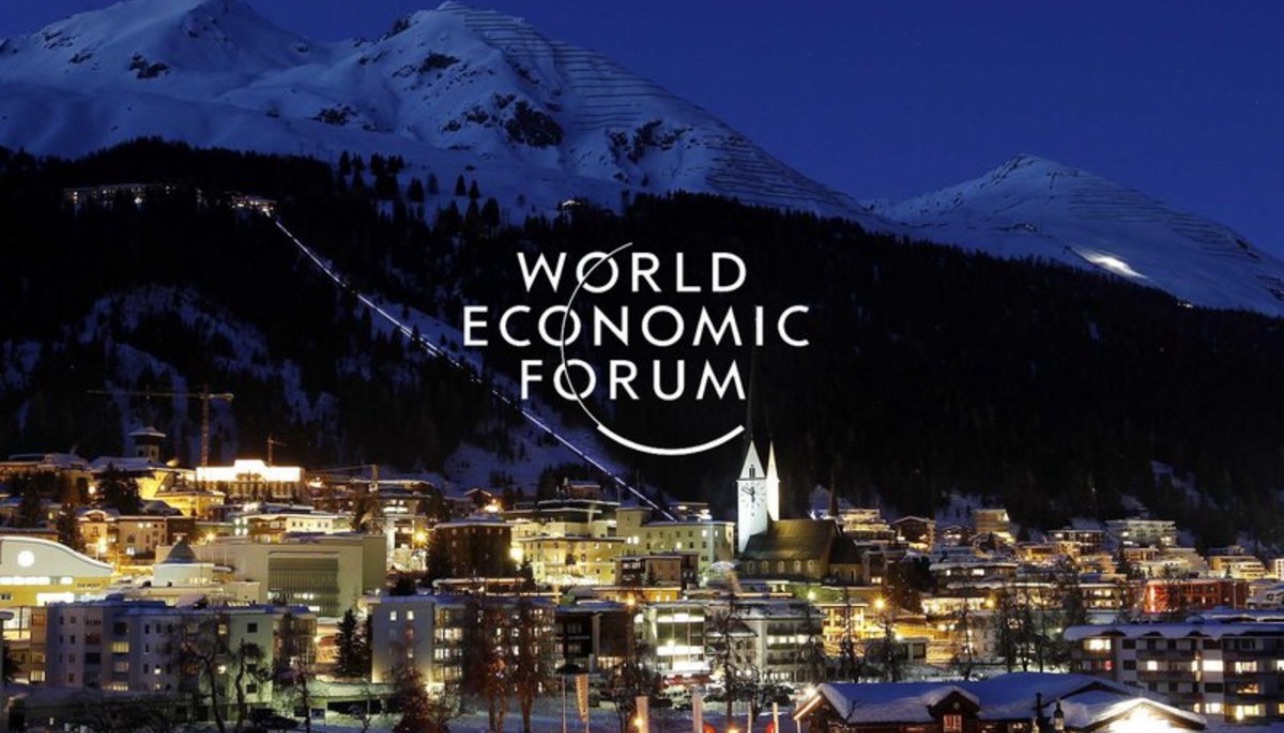The 55th Annual Meeting of the World Economic Forum (WEF) is being held in Davos, Switzerland, from January 20 to 24, 2025. Under the theme “Collaboration for the Intelligent Age,” global leaders from government, business, and civil society are gathering to address pressing global challenges, including geopolitical shocks, climate change, and economic transformation.
This year, the event features over 3,000 participants from 130 countries, including 350 governmental leaders and 60 heads of state, aiming to build sustainable partnerships and advance solutions for a rapidly evolving world.
Key Themes and Discussions
1. Rebuilding Trust
Amid growing geopolitical tensions and social divides, leaders are discussing strategies to restore trust across nations and societies. For investors, this signals potential shifts in global trade and governance, likely impacting markets.
2. Reimagining Growth
Discussions on reimagining economic growth focus on artificial intelligence (AI), green technologies, and innovation hubs. Investors should watch for opportunities in renewable energy, AI, and tech infrastructure.
3. Investing in People
Building resilient workforces is critical for modern economies. This emphasis highlights sectors like education technology, healthcare innovations, and workforce solutions as attractive investment areas.
4. Safeguarding the Planet
Climate action remains at the forefront, with commitments to renewable energy and sustainability. Investors can expect accelerated growth in climate-tech startups, clean energy, and carbon reduction technologies.
5. Industries in the Intelligent Age
The rise of automation and AI is reshaping industries such as manufacturing, logistics, and finance. Companies leveraging these technologies for efficiency and sustainability are likely to become market leaders.
African Participation: A Spotlight on the Continent
Africa has a notable presence at WEF 2025, with high-ranking officials and influential business leaders attending to showcase the continent’s investment opportunities and potential for sustainable growth.
• South Africa: President Cyril Ramaphosa leads a delegation comprising business, government, and civil society representatives, promoting the country’s initiatives in renewable energy and economic diversification.
• Nigeria: Vice President Kashim Shettima is spearheading Nigeria’s delegation, accompanied by top officials such as Jumoke Oduwole, Minister of Industry, Trade, and Investment, and Aisha Remi, Executive Secretary of the Nigerian Investment Promotion Commission (NIPC). Their focus is to attract foreign investment and spotlight Nigeria’s economic reforms and opportunities.
The participation of these African leaders highlights the continent’s push to integrate into global economic frameworks, secure foreign investments, and drive sustainable development.
Investor Implications
The themes and discussions at WEF provide a framework for future investment strategies. Here are the key takeaways for investors:
1. AI and Green Investments
The focus on clean energy and AI industries suggests growth opportunities in these sectors. Renewable energy projects, carbon markets, and AI-based applications in healthcare, logistics, and finance are poised for significant growth.
2. Emerging Markets
Africa’s active participation signals its ambition to attract global investments. Sectors such as infrastructure, agriculture, and digital technology in emerging markets like Nigeria and South Africa hold promising potential.
3. Climate Tech and ESG Prioritization
With climate resilience at the center of discussions, ESG (Environmental, Social, and Governance) metrics are becoming more important for investors. Companies committed to sustainability are expected to outperform their peers in the coming years.
4. Geopolitical Risks and Commodities
The WEF’s Global Risks Report 2025 highlights “state-based armed conflict” as the top global risk. Heightened geopolitical tensions could lead to market volatility, making commodities like gold and energy stocks attractive hedges.
5. Industry Transformation
As automation and AI redefine industries, sectors like semiconductors, cloud computing, and robotics are expected to see exponential growth. Companies leading in these technologies will drive future market trends.
Challenges and Controversies
The event has also faced criticism and protests, particularly from groups addressing economic inequality and climate inaction. Demonstrators have targeted figures like Elon Musk and Donald Trump, symbolizing concentrated wealth and power. Such societal discontent could influence policy shifts and corporate governance, signaling a need for businesses to adopt more inclusive and sustainable practices.
Global Trends to Watch
1. Accelerating Green Transitions
Governments and corporations are expected to intensify their climate efforts, spurring growth in renewable energy and sustainable infrastructure.
2. AI and Automation Leading the Way
The adoption of AI will reshape labor markets and industries, with nations investing heavily in this technology gaining competitive advantages.
3. Geopolitical Fragmentation
Rising tensions may lead to the formation of regional trade blocs and increased protectionist policies, redefining global trade dynamics.
4. ESG Becoming a Mandate
Investors will prioritize companies with strong ESG commitments, reshaping corporate strategies and shareholder expectations.
Conclusion
The 2025 World Economic Forum is a pivotal moment for leaders and investors alike, offering insights into the trends shaping our future. Africa’s growing role at the forum underscores the continent’s emergence as a critical player in global markets, presenting unique opportunities for investment.
For investors, understanding these dynamics is essential to navigating risks and capitalizing on opportunities in an increasingly complex global economy.
Would you like further analysis on specific sectors or regions discussed at Davos? Let us know, and we’ll provide tailored insights to enhance your strategies.
